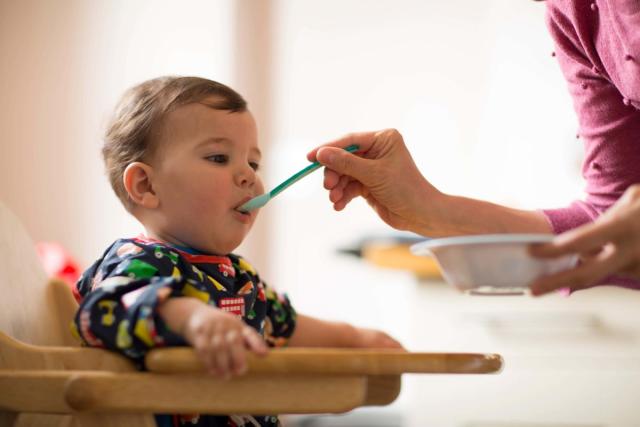29/05/2024
29/05/2024

LONDON, May 29: Introducing smooth peanut butter to babies and continuing its consumption through early childhood may provide lifelong protection against peanut allergies, according to researchers at King's College London. Their study revealed that teenagers who consumed peanut butter up to age five were 71% less likely to develop an allergy compared to those who avoided it.
The researchers recommend parents introduce peanut butter during weaning and continue to offer it regularly in large amounts until the child turns five. However, they caution against giving whole or chopped peanuts to children under five due to choking risks.
This advice marks a significant shift from previous guidelines that discouraged peanut consumption until age three. The change comes in response to the increasing prevalence of peanut allergies, now affecting one in 50 children, leading many schools to ban peanut products.
The research team’s findings, published in NEJM Evidence, suggest that early exposure to peanut butter helps the immune system correctly identify peanuts as harmless. This counters the immune system's tendency to mistake peanuts for a severe threat, which can cause life-threatening allergic reactions.
Around 15 years ago, a clinical trial involving 640 high-risk children was conducted. Half of the children avoided peanuts, while the other half included them in their diet from four months old to five years old. The results demonstrated a significant reduction in peanut allergies by age five among those who consumed peanuts.
The latest findings confirm that this protection extends into adolescence, even if peanut consumption is discontinued after age five. Specifically, the study found:
- 15 out of 100 high-risk children who avoided peanuts developed an allergy.
- Only 4 out of 100 high-risk children who regularly ate peanuts developed an allergy, marking a 71% reduction.
"We have good reason to believe this protection will last for the life of the individual," said Prof. Gideon Lack from King's College London. He added that this simple intervention could significantly reduce future peanut allergy cases.
The researchers advise incorporating a soft paste of peanut butter or peanut puffs into a baby's diet once they are ready for solids. Signs of readiness include the ability to sit up, hold their head steady, and coordinate their eyes, hands, and mouth to pick up and swallow food. They suggest a consumption rate of three to four times a week, totaling one-and-a-half to two tablespoons of peanut butter per week.
The UK’s National Health Service (NHS) recommends introducing smooth peanut butter to children from six months old, while the World Health Organization (WHO) advises exclusive breastfeeding for the first six months.
Although it is unclear whether consuming peanuts for the full five years is necessary to reduce the risk of allergies, Prof. Lack advocates for continuing the practice as it involves normal, nutritious foods rather than medication.
The study estimates that 100,000 cases of peanut allergy could be prevented globally each year. The research was funded by the US National Institute of Allergy and Infectious Diseases. Dr. Jeanne Marrazzo, the institute’s director, emphasized the importance of these findings in reassuring parents and caregivers about the benefits of early peanut introduction according to established guidelines.


